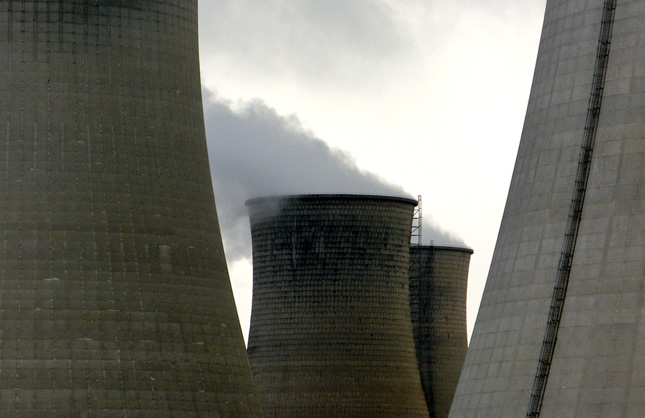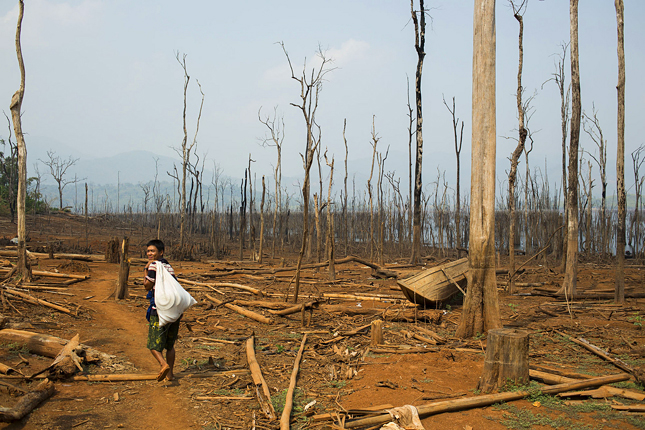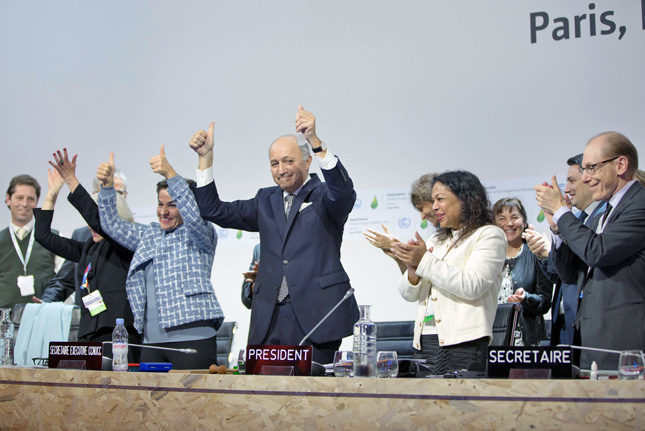-
Cleaning up China’s Ports: Shenzhen Explores Fuel Switching and Onshore Power
›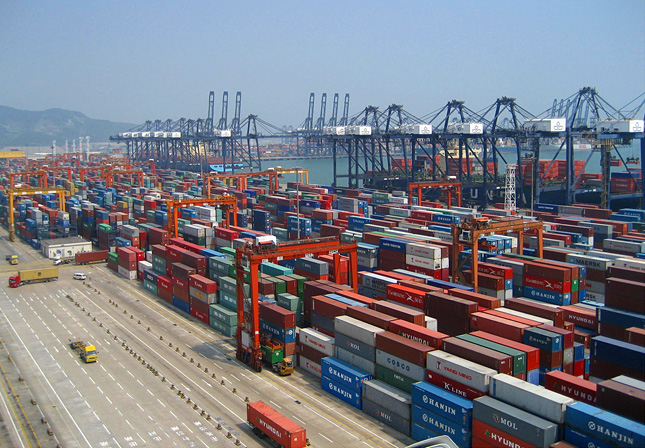
China’s “strictest air protection law” yet took effect on January 1, 2016, promising to bring big changes to its smog-filled cities. But some municipal governments have been ahead of the curve, working to clean up the air through experimentation and innovation. Shenzhen, China’s first special economic zone and which recently passed its neighbor Hong Kong to lead China’s most competitive cities, is one of these.
-
Ethan Zindler on Clean Energy in Emerging Markets: “The Private Sector Sees the Opportunity”
› “The good news is clean energy has gotten much cheaper,” says Ethan Zindler, head of the Americas for Bloomberg New Energy Finance, on this week’s podcast. “The amount of stuff getting built for the same number of dollars has been going up. You’re getting more ‘bang for your buck’ when it comes to actual deployment.”
“The good news is clean energy has gotten much cheaper,” says Ethan Zindler, head of the Americas for Bloomberg New Energy Finance, on this week’s podcast. “The amount of stuff getting built for the same number of dollars has been going up. You’re getting more ‘bang for your buck’ when it comes to actual deployment.” -
Making Nunavut a Full Partner in Canadian Confederation
›
Canada is well known as a world leader in measures of human wellbeing. Since the launch of the UN Human Development Index in 1990, Canada has ranked among the top 10 countries every single year except one. But though Canadians can take a just pride in their country’s achievement on the global stage, it nevertheless masks grave concerns at home.
-
Mike Eckhart: “We Are 40 Years Into a 100-Year Energy Transition”
› “In my view, we are 40 years into a 100-year transition to a clean energy economy,” says Mike Eckhart, global head of environmental finance and sustainability at Citigroup, in this week’s podcast. “We’re in the mainstream of building an industry.”
“In my view, we are 40 years into a 100-year transition to a clean energy economy,” says Mike Eckhart, global head of environmental finance and sustainability at Citigroup, in this week’s podcast. “We’re in the mainstream of building an industry.” -
Breaking Out of the Dome: Can Energy Efficiency Help Chinese Cities Conquer Air Pollution?
› -
Keith Schneider, Circle of Blue
Drought Pushes South Africa to Water, Energy, Food Reckoning
›
January 7, 2016 could hardly have been worse in this thunderously beautiful, water-parched, and economically reeling nation of 55 million residents at the bottom of Africa.
-
Can Myanmar Avoid Conflict Pitfalls in its Hydro Blitz?
›
Myanmar is undergoing multiple transitions, from military rule to democracy, decades of civil war to peace, and from a command economy to a market-based one. No less of an important challenge amidst this backdrop of change and hope is addressing the country’s energy poverty.
-
The Climate Community Turns to Pragmatism, Mostly
›January 14, 2016 // By Ruth Greenspan Bell
The good news out of Paris is that the world is finally getting serious about reducing greenhouse gas emissions. Here are a few reasons to cheer and one quibble.
Showing posts from category energy.


 “The good news is clean energy has gotten much cheaper,” says
“The good news is clean energy has gotten much cheaper,” says 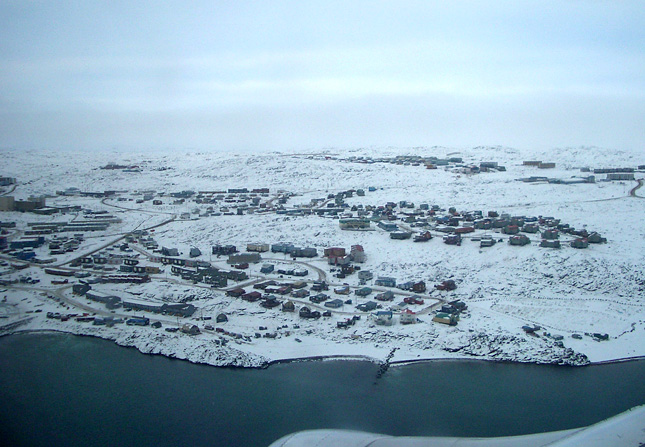
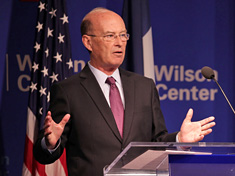 “In my view, we are 40 years into a 100-year transition to a clean energy economy,” says Mike Eckhart, global head of environmental finance and sustainability at Citigroup, in this week’s podcast. “We’re in the mainstream of building an industry.”
“In my view, we are 40 years into a 100-year transition to a clean energy economy,” says Mike Eckhart, global head of environmental finance and sustainability at Citigroup, in this week’s podcast. “We’re in the mainstream of building an industry.”